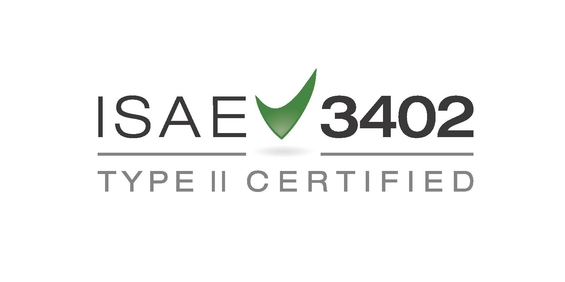2020
A new Year, a new start. It certainly has not been boring. But did we have something to celebrate? Not really, except for the fervent Brexit supporters, who got their way on 31 January, though they too might be in a different mood at the end of the year if the EU keeps its foot down.
Of course we were pleased that the decline in the German processing industry seemed to have stopped although factory orders remain weak. And that corporate profits were better than expected, especially in the US. But in the meantime, the Italian and French economies were slowing down. This relative calm disappeared after the corona virus appeared in China and began to spread around the world. What will be the impact on the rest of the world economy if part of the Chinese economy were to be temporarily shut down? Not the experiment one wants to see too often, because by now we are talking about the second largest economy in the world. Most stock markets slowed down, but ironically this was not the case in China itself: after all, they celebrated Chinese New Year there and markets were closed. At the time of writing this newsletter, the Chinese markets had reopened and 90% of the shares had quickly reached its daily limit of -10% (+ 10% is the other side of that limit, but this is for better times…). On top of that, the Chinese SEC instructed the brokerage fraternity not to sell shares for their own account… Likewise, they were told not bother customers with “margin calls” if their leveraged portfolios would be “under water”. This way, the authorities tried to prevent further forced sales of shares. Most measures did not seem to help and one can only wonder whether market mechanisms can be influenced by bureaucrats that are centrally guided. Just as it is not very productive to give doctors, who raise the alarm about a virus, a hefty reprimand. But “fortunately”, the existence of this virus was kept under wraps for only one month. With SARS, it took several months.
Impact corona virus
Nevertheless, I do expect that the economic damage caused by this temporary shutdown of production processes and trade flows is already higher than at the time of the SARS epidemic. China is simply much bigger now. To be honest, we have also become increasingly dependent on China. China has become the workshop for the entire world and due to their famous just-in-time-delivery production models, any hick-up in the system is noticeable in no time around the entire world. So the world now marks time until the dispersion rate of the virus decreases.
The major victims are of course in the air freight industry, the raw materials and holiday industries. The producers of luxury consumer goods are also suffering. Shares of food manufacturers and pharma companies fared a lot better, while technology giants continued to grow rather unassailable (except for Facebook). After the strong start this year, the reversal on balance only caused minor losses.
With government bonds, a small minus unfortunately made way for a larger minus: from -0.10%, the 10-year interest rate in The Netherlands fell to -0.35%. We are not positioned for this reversal as we are still concentrating on Private Credit, for example for SME’s, with interest returns of 5% -6% after costs. Banks are increasingly being discouraged to provide such loans as the ECB requires them to reserve ever increasing amounts of capital. Private parties are therefore often taking over their role. Remarkable here is the role of the EU, which provides subsidies by participating in credit losses that such private lenders might possibly suffer from. The EU is (rightly) concerned that the stricter rules for bank reserves give SME’s too little access to credit and therefore intervenes. For us, such a subsidy is of course very welcome as our credit risk decreases considerably while the interest return remains high.
How did the ‘safe havens’ fare? Gold, the yen and bitcoins went up again, but we do not own them. The Swiss Franc also rose and we still own some, just like being overweight in Japanese (yen) shares. We are long in cash too and that does not hurt either. There is still a snag here, because banks no longer want to pay for the negative interest they have to pay to the ECB on their client’s savings. We suspect that banks will gradually charge more clients negative interest rates: perhaps only clients with deposits under 100k will be spared. Are you still looking for alternatives? In Germany, it seems, vaults seem to be bulging with cash. Well, can it still get much crazier?. Meanwhile, we will step up our efforts to find alternative quai-cash solutions, targeting 0-1% returns and will keep you up to date on that.
BY: WOUTER WEIJAND, Chief Investment Officer


